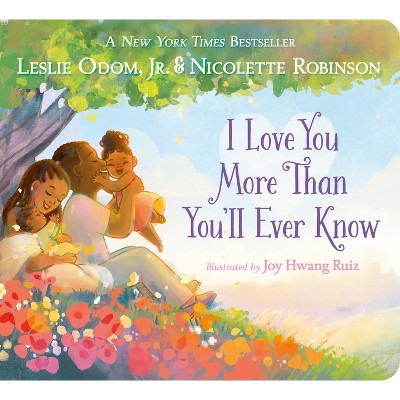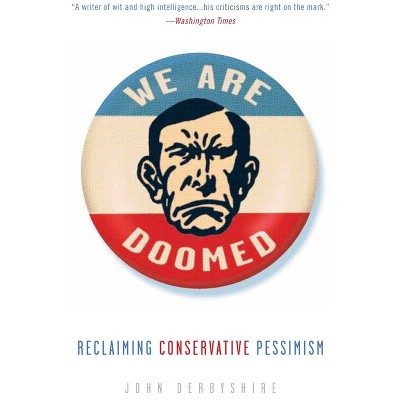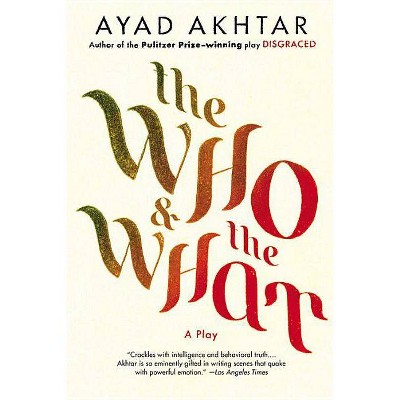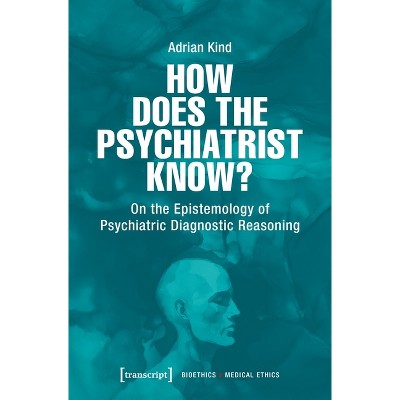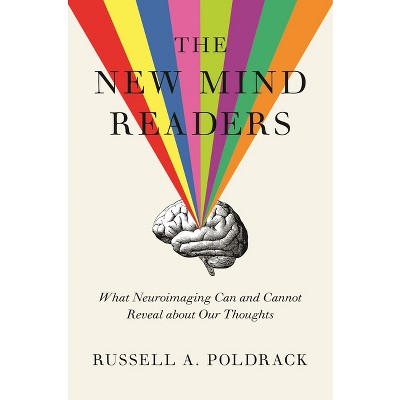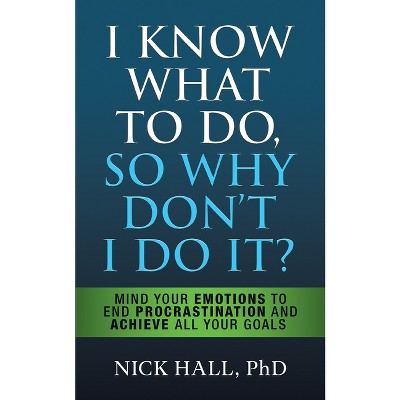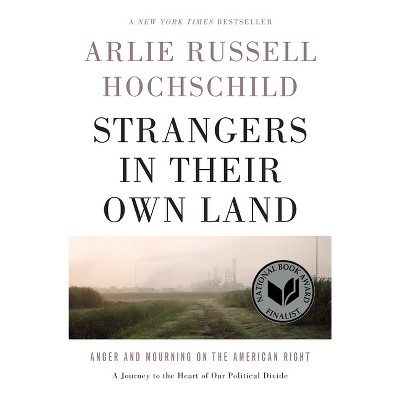Sponsored

How Do You Know? - by Russell Hardin (Paperback)
In Stock
Sponsored
About this item
Highlights
- How do ordinary people come to know or believe what they do?
- About the Author: Russell Hardin is professor of politics at New York University and the author of many books, including "David Hume: Moral and Political Theorist, Indeterminacy and Society" (Princeton), "Liberalism, Constitutionalism, and Democracy," and "One for All: The Logic of Group Conflict" (Princeton).
- 240 Pages
- Philosophy, Epistemology
Description
Book Synopsis
How do ordinary people come to know or believe what they do? We need an account of this process to help explain why people act as they do. You might think I am acting irrationally--against my interest or my purpose--until you realize that what you know and what I know differ significantly. My actions, given my knowledge, might make eminently good sense. Of course, this pushes our problem back one stage to assess why someone knows or believes what they do. That is the focus of this book. Russell Hardin supposes that people are not usually going to act knowingly against their interests or other purposes. To try to understand how they have come to their knowledge or beliefs is therefore to be charitable in assessing their rationality. Hardin insists on such a charitable stance in the effort to understand others and their sometimes objectively perverse actions.
Hardin presents an essentially economic account of what an individual can come to know and then applies this account to many areas of ordinary life: political participation, religious beliefs, popular knowledge of science, liberalism, culture, extremism, moral beliefs, and institutional knowledge. All of these can be enlightened by the supposition that people are attempting reasonable actions under the severe constraints of acquiring better knowledge when they face demands that far outstretch their possibilities.From the Back Cover
"This book develops a general, economic theory of ordinary knowledge and applies it to many different kinds of knowledge and belief, providing a clear and convincing view of many of the world's problems, such as fanaticism and nationalism. A significant contribution that will be useful to readers in many different fields, How Do You Know? is also beautifully written and a pleasure to read."--Jonathan Baron, University of Pennsylvania
"Russell Hardin's How Do You Know? is original, thought provoking, and important. It raises questions of both practical and intellectual significance and it is very well written--indeed, it is an engrossing read."--Geoffrey Brennan, Duke University and University of North Carolina, Chapel Hill
Review Quotes
"[Hardin] he offers an insightful lens on popular knowledge in society and politics."---Mark B. Brown, Perspectives on Politics
"Overall, this book is a good choice for anybody with broad interests, as Hardin is highly knowledgeable on an impressive broad scale of issues. It is well-written, and the many international examples give this book a rare global perspective. . . . [I]t is an essential reference that serves as an excellent guide to a fast, multidisciplinary theme."---Hans Dubois, CEU Political Science Journal
"This book is an exceptionally clear statement of why individuals believe and act as they do and should be especially useful to policy makers."-- "Choice"
About the Author
Russell Hardin is professor of politics at New York University and the author of many books, including "David Hume: Moral and Political Theorist, Indeterminacy and Society" (Princeton), "Liberalism, Constitutionalism, and Democracy," and "One for All: The Logic of Group Conflict" (Princeton).Shipping details
Return details
Frequently bought together



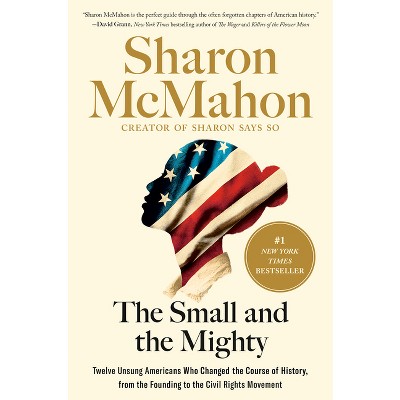
Trending Philosophy






Discover more options
